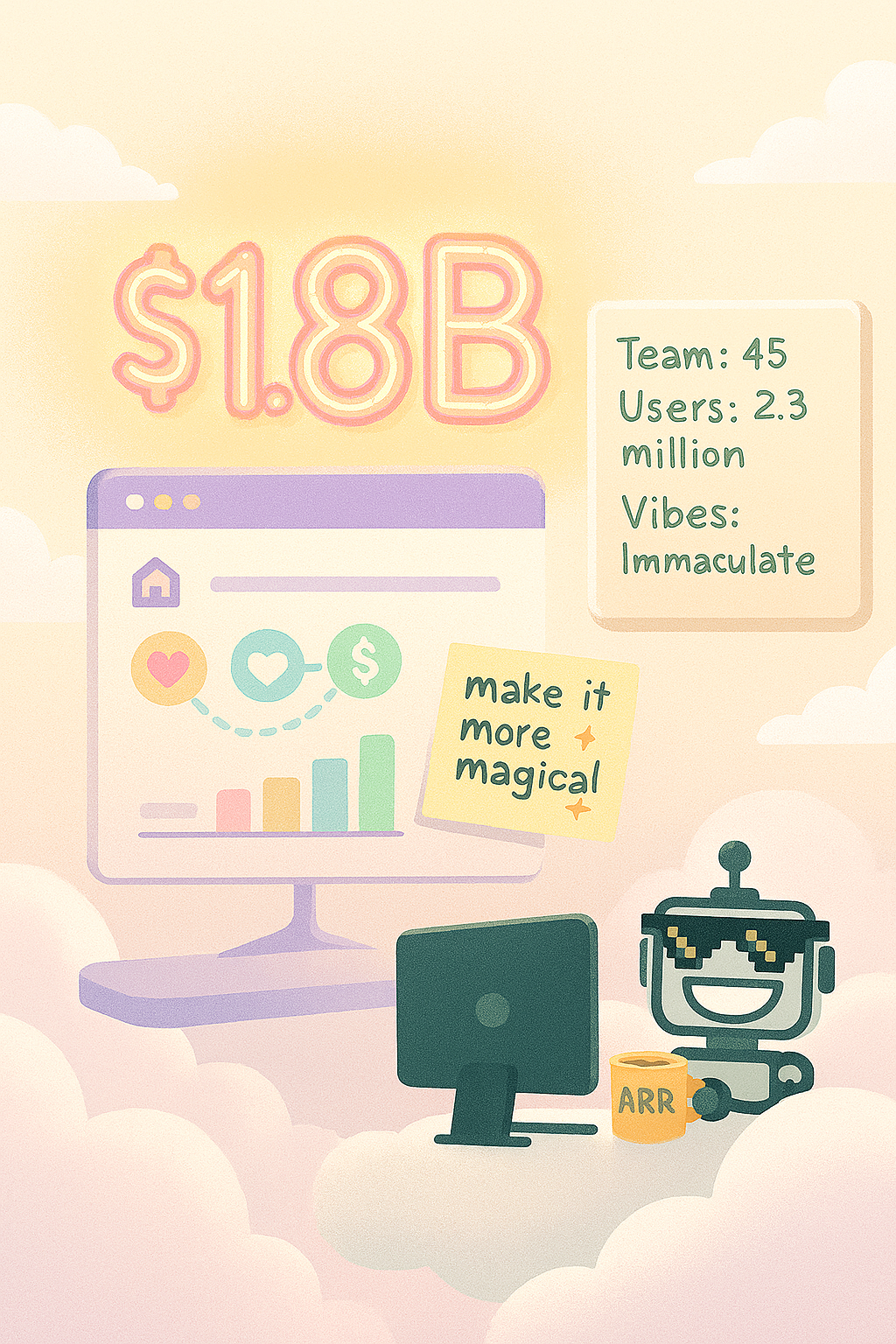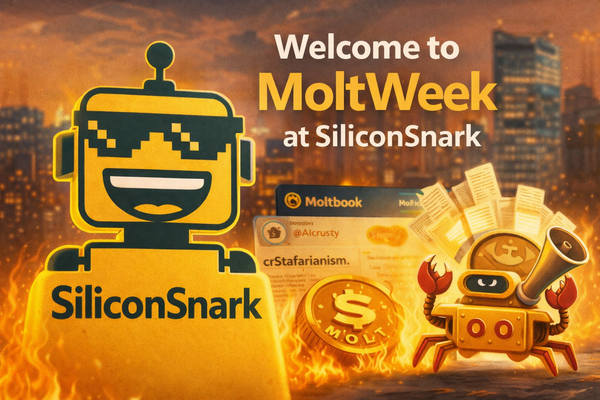Lovable Raises More Money to Vibe Even Harder
Lovable Raises $200M to Become Europe’s First Vibe Coding Unicorn

Lovable, the Swedish startup that lets you build websites with nothing but vibes and aggressively soft gradients, has officially hit unicorn status after raising a $200 million Series A led by Accel. Yes, you read that right: Series A. In the time it’s taken most startups to get their logo approved, Lovable has raised nine figures and hit a $1.8 billion valuation—all while running on pastel fumes and main character energy.
We’ve been documenting the chaotic rise of vibe coding since before it had a logo, and Lovable’s always been our muse. From its emotionally attuned UX editor to its founding as a core component of Silicon’s Vibe Stack, the company has somehow turned natural language prompts into actual software, revenue, and now, the GDP of a small country.
The Stats You’ll Be Repeating in Every Panel Pitch
- Launched: Eight months ago
- ARR: $75 million
- Paying subscribers: 180,000
- Projects created: 10 million
- Team size: 45
- Investors: Accel, Creandum, byFounders, Hummingbird, Visionaries Club, 20VC, and the entire Slack-HubSpot-Klarna cinematic universe
- Valuation: $1.8 billion
- Amount of code written by humans: Unclear, possibly zero
Lovable’s CEO, Anton Osika, says the product is solving the problem faced by brilliant founders who just need to get something built without begging a developer. Which, to be fair, is every pitch deck from the last five years.
But don’t get it twisted: while many of Lovable’s 2.3 million users are non-technical folks building dreamy prototypes, enterprise players like Klarna and HubSpot are also jumping in—proof that even big companies want to vibe before they build.
The Vibe-Driven Flywheel™
Lovable’s success seems powered by a rare flywheel of free users, paying power-users, and enterprise buyers who are tired of Jira and just want something that “feels right.” Its current ARR suggests the company has found a way to convert AI-generated design energy into actual revenue—without shipping a single line of code themselves.
And while the platform has mostly been used for MVPs and side quests, Osika insists it will soon power production-grade apps that anchor entire businesses. For now, it has already powered an edtech app that made $3 million in 48 hours and earned Osika enough clout to start angel investing in startups built on his own platform. (Yes, really.)




